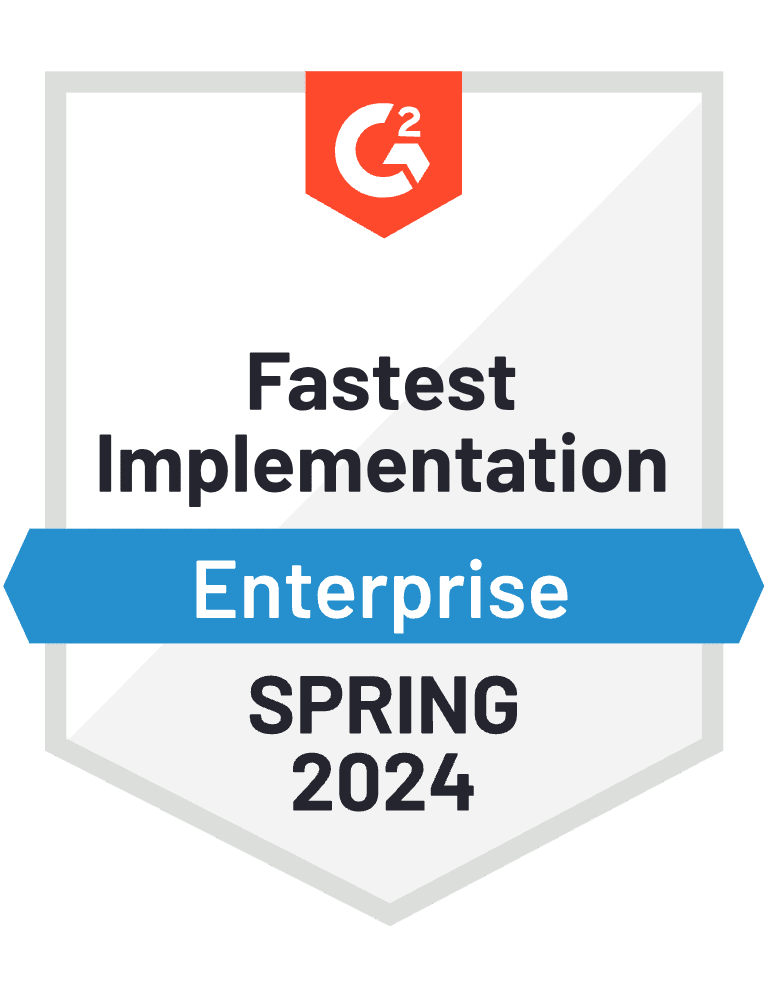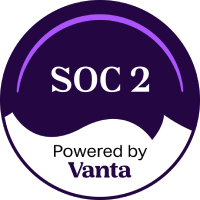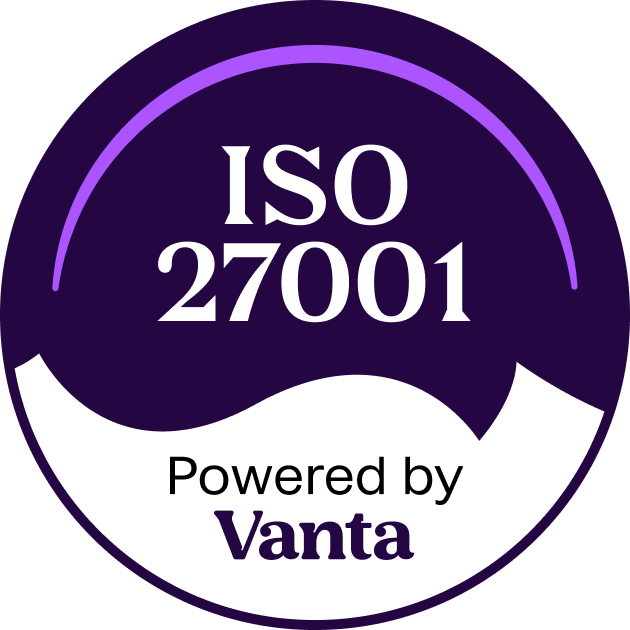The Short Answer
RFQ, or Request for Quotation, is a formal invitation for suppliers to submit a price quote for specific goods or services. On the other hand, RFP, or Request for Proposal, is a more comprehensive document that invites suppliers to propose a solution to a particular problem or need.
Purpose and When to Use
In the procurement process, choosing the right tool is essential for achieving the desired outcome. Both RFQ and RFP serve specific purposes, catering to different needs and industries. While they might seem similar at first glance, their applications and focus areas vary:
- RFQ: Ideal for clear-cut requirements, focusing on obtaining price quotations. Common in industries like manufacturing where products are standardized.
- RFP: Suited for seeking innovative solutions or approaches, emphasizing the approach, methodology, and pricing. Predominant in sectors like IT and consulting.
Key Components of Each Document
An RFQ typically includes:
- Description of goods or services
- Quantity specifications
- Delivery expectations
- Payment terms
- Evaluation criteria centered on price
RFPs, being more comprehensive, provide:
- Project background and objectives
- Detailed scope of work
- Expected deliverables and timelines
- Holistic evaluation criteria
- Terms and conditions
Advantages and Disadvantages
Both RFQs and RFPs offer distinct benefits and come with their own set of challenges. While they cater to different scenarios, understanding their respective advantages and disadvantages can help businesses make informed decisions, ensuring they select the right tool for their specific needs.
Let’s delve into the strengths and potential pitfalls of each:
RFQs
Advantages:
- Efficiency: Given their straightforward nature, RFQs can expedite the procurement process, especially when the requirements are well-defined.
- Price Clarity: RFQs provide a clear avenue for suppliers to present their best prices, making it easier for businesses to compare and choose.
- Simplicity: With a focus on specific goods or services, RFQs reduce complexities, making them easier to manage.
Disadvantages:
- Limited Flexibility: RFQs might not be the best choice when there’s a need for customization or when the requirements aren’t entirely clear.
- Overemphasis on Price: While getting the best price is essential, RFQs might sometimes overlook other crucial factors like quality, vendor reliability, or post-purchase support.
RFPs
Advantages:
- Comprehensive: RFPs allow businesses to receive detailed proposals, ensuring all aspects of a project or need are addressed.
- Flexibility: They provide room for creativity and innovation, allowing vendors to propose varied solutions.
- Quality Focus: With a broader evaluation criterion, RFPs ensure that factors like quality, vendor experience, and solution robustness are considered alongside price.
Disadvantages:
- Time-Consuming: Crafting, issuing, and evaluating RFPs can be a lengthy process given their comprehensive nature.
- Complexity: The depth and breadth of RFPs might require specialized skills or teams to manage and evaluate responses effectively.
How to Choose Between an RFP and an RFQ
When deciding between an RFQ and an RFP, the clarity of your requirements is paramount. An RFQ is ideal for straightforward needs where price is the primary focus, such as purchasing standardized products. It’s efficient, involves fewer stakeholders, and is generally quicker.
On the other hand, an RFP is suited for projects requiring tailored solutions, where both the price and qualitative factors like approach and vendor experience matter. RFPs are comprehensive, often involving cross-functional collaboration and a lengthier timeline.
In essence, your choice should align with the project’s complexity and the factors you prioritize, ensuring a successful procurement outcome. Both RFQs and RFPs have distinct places in procurement. Recognizing their differences ensures businesses leverage the right tool for optimal outcomes.






